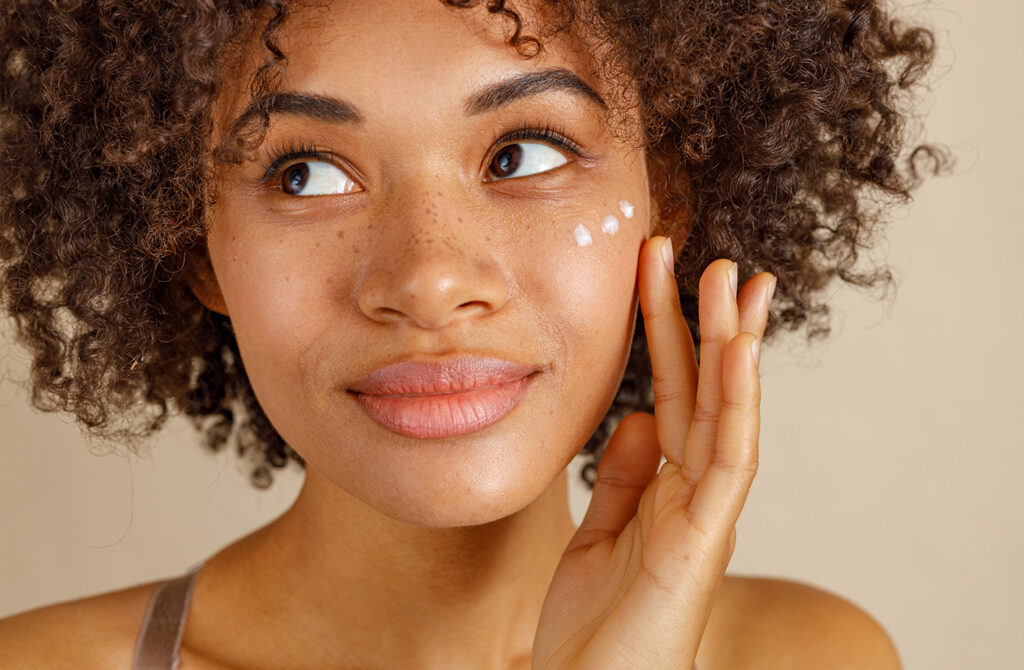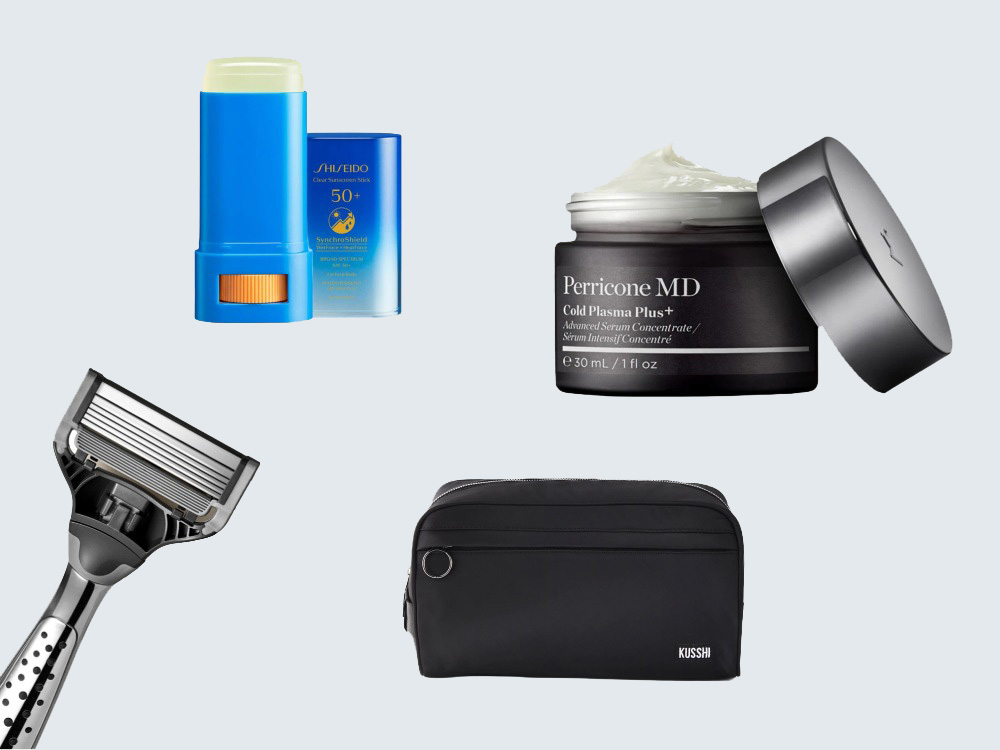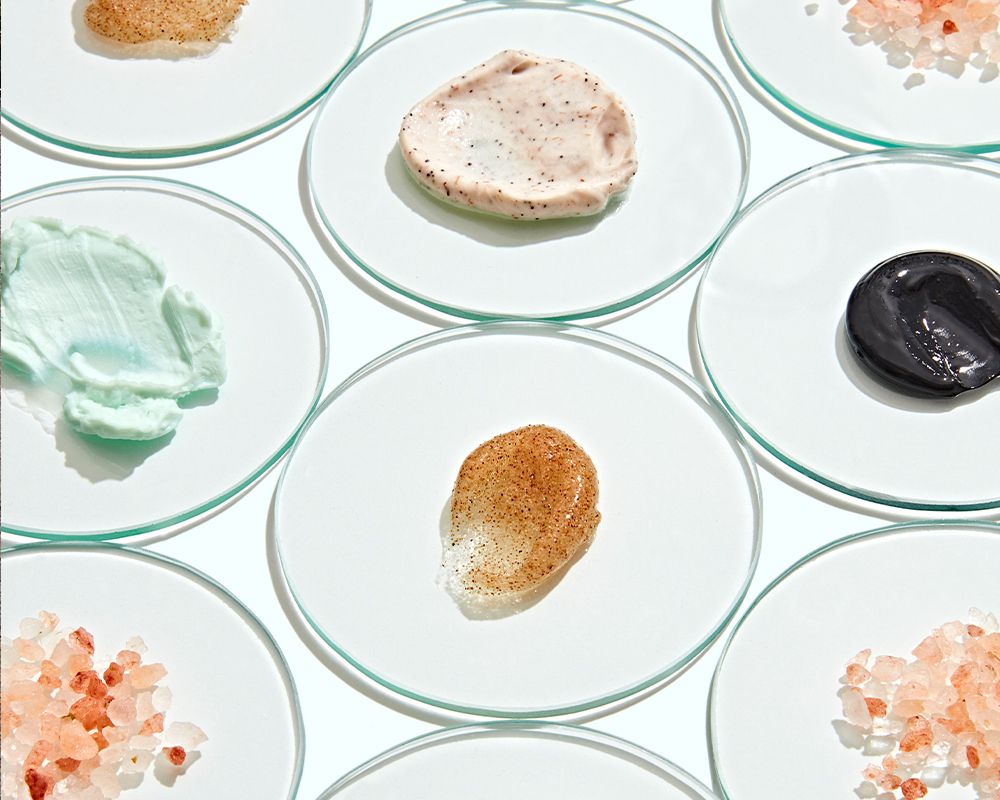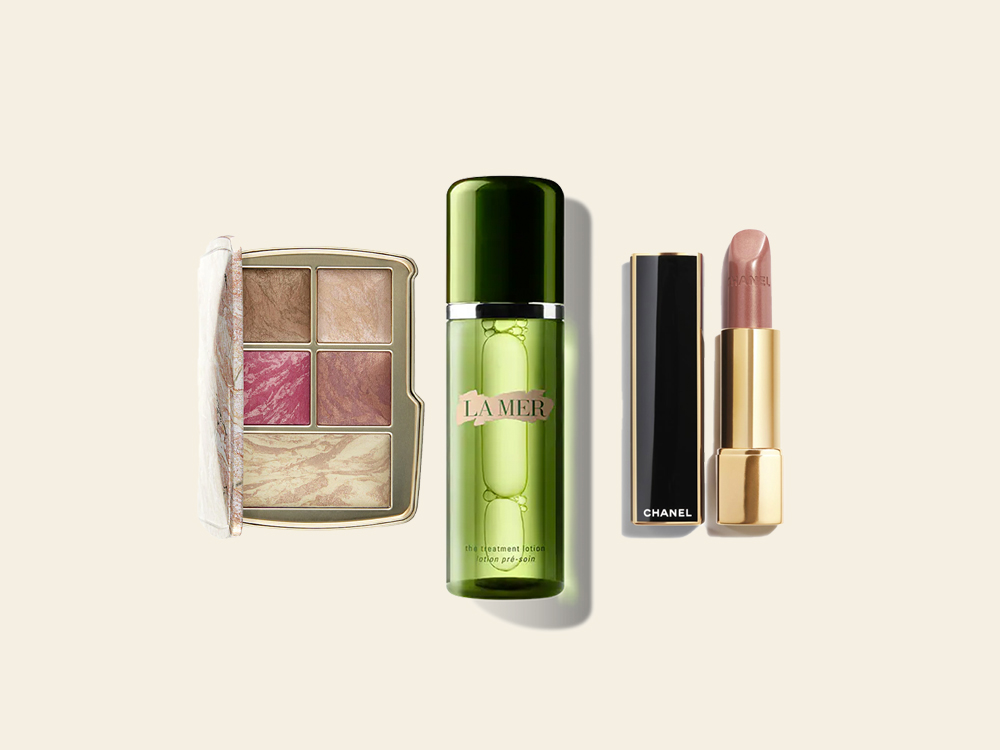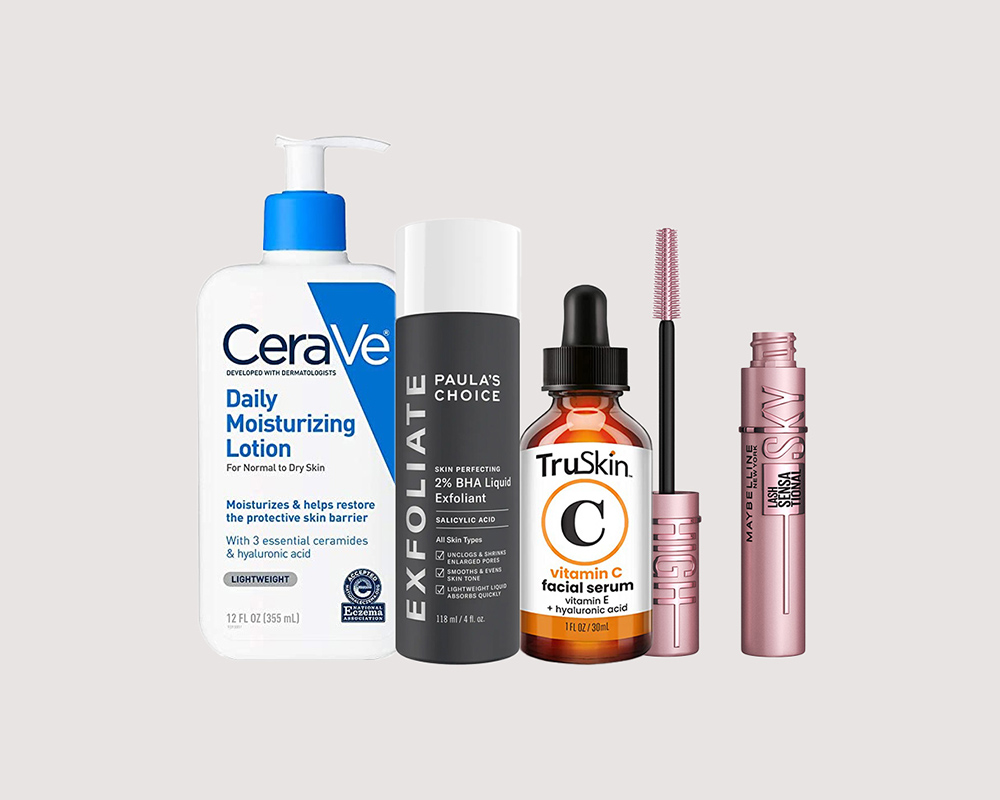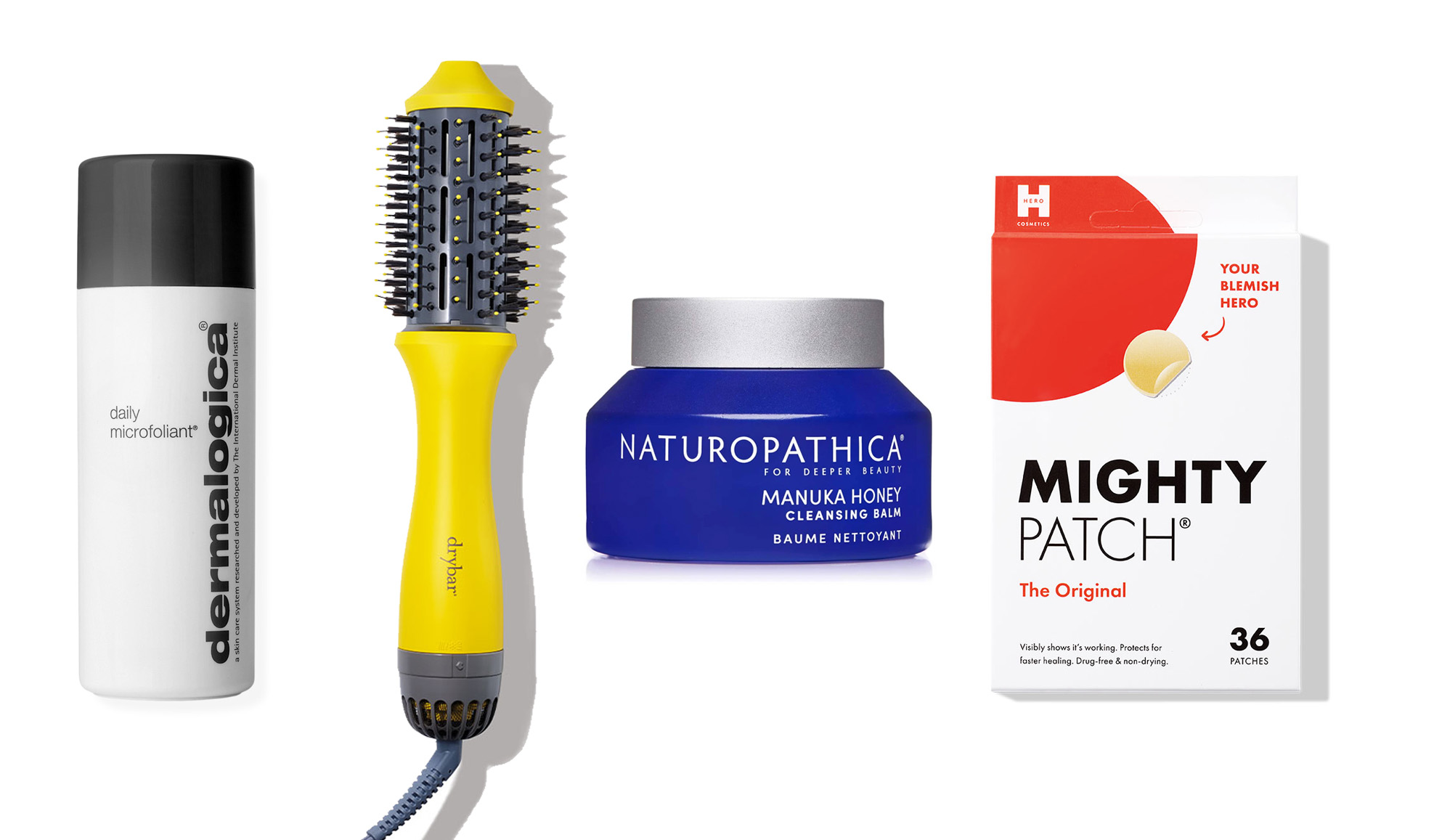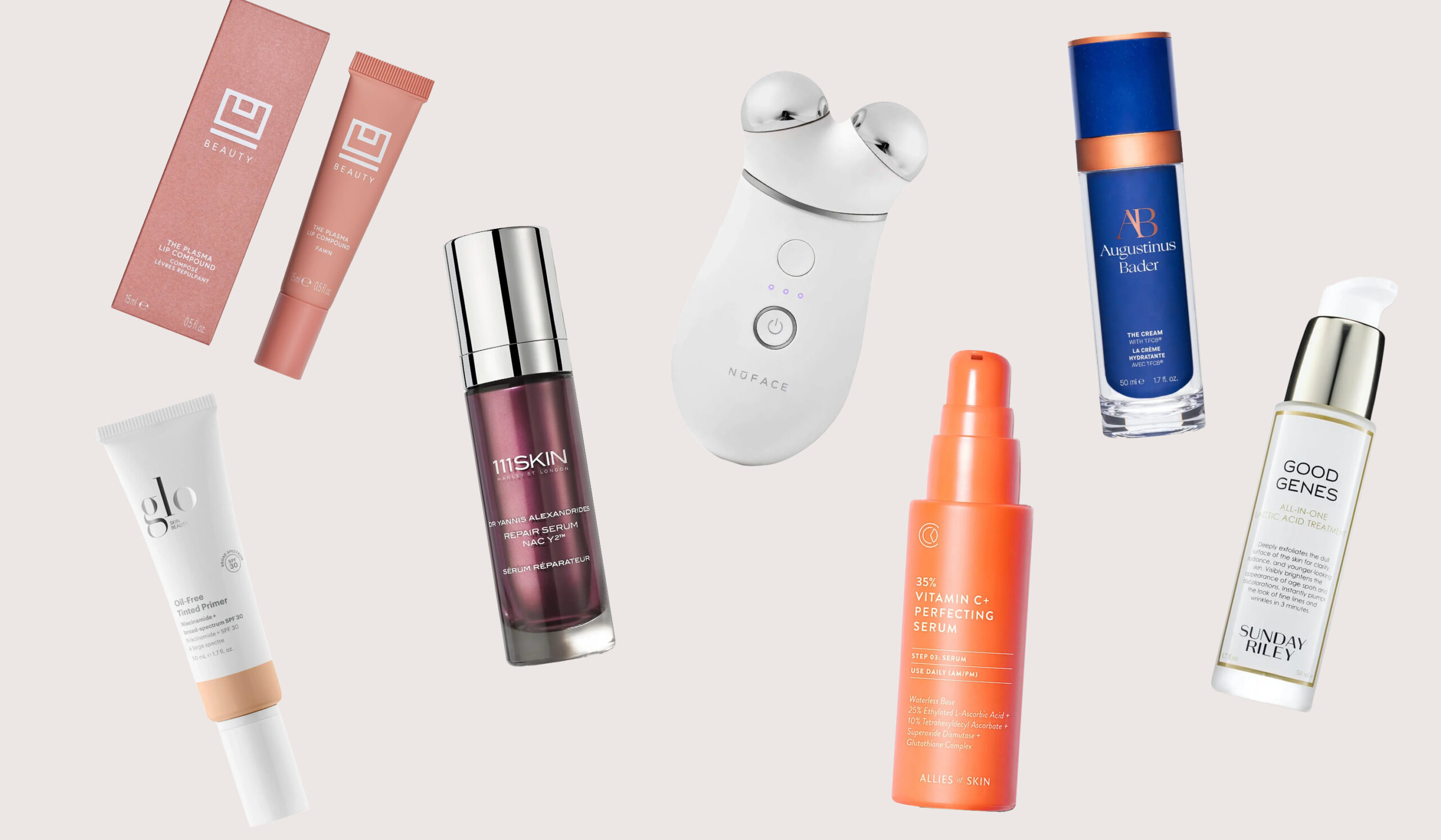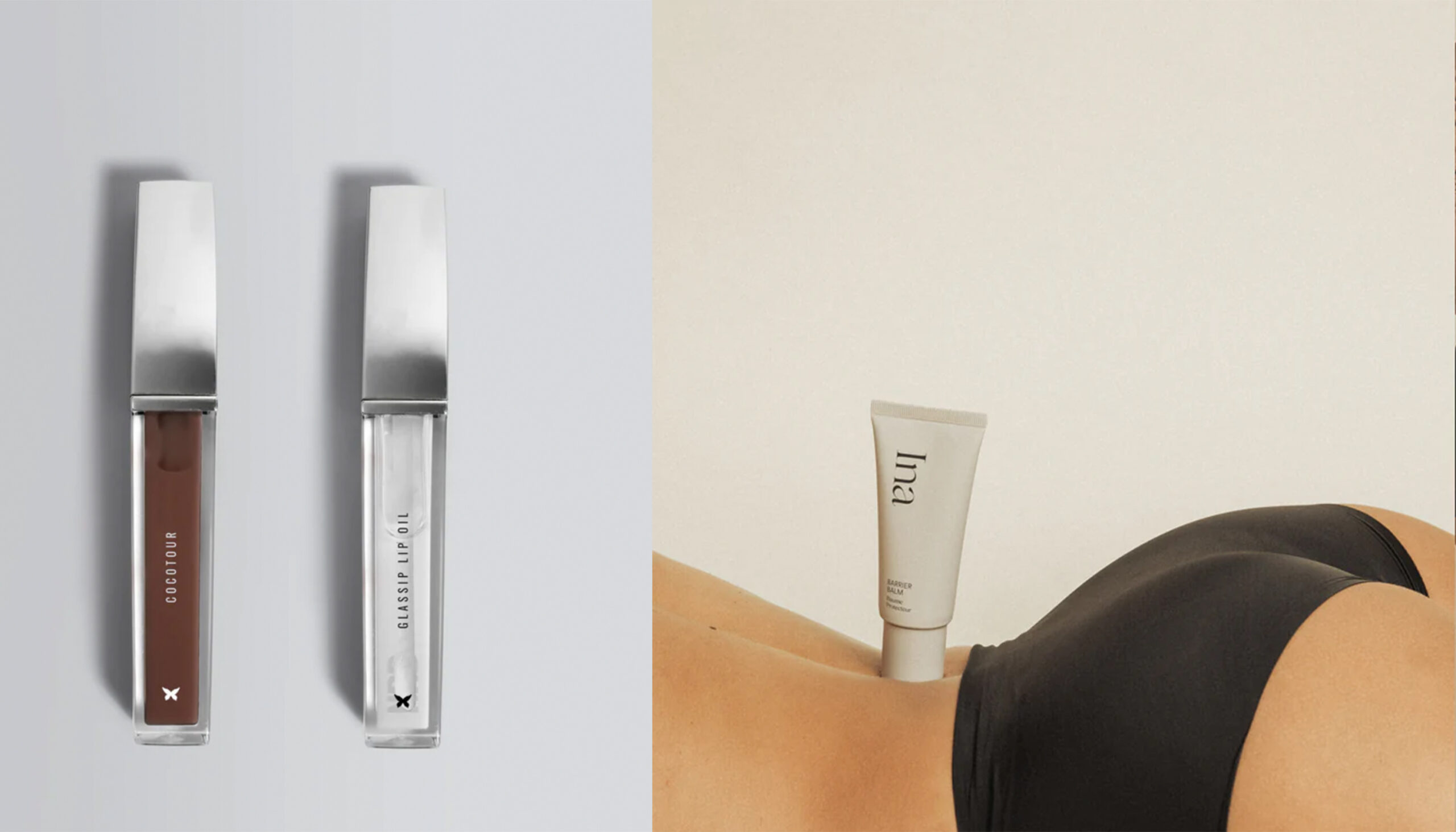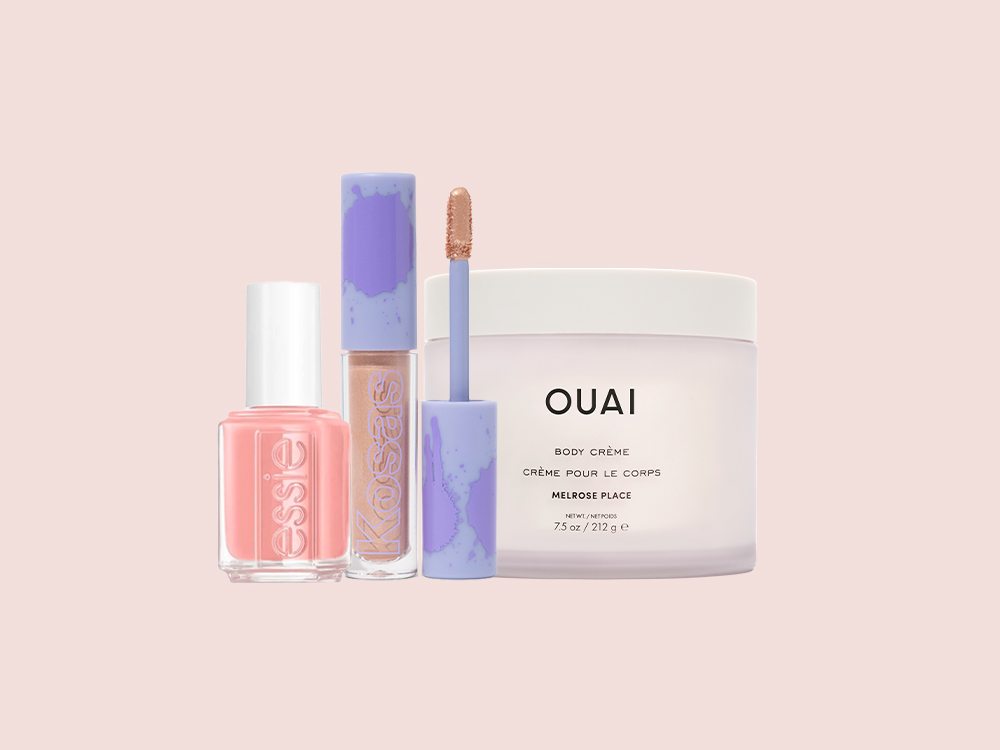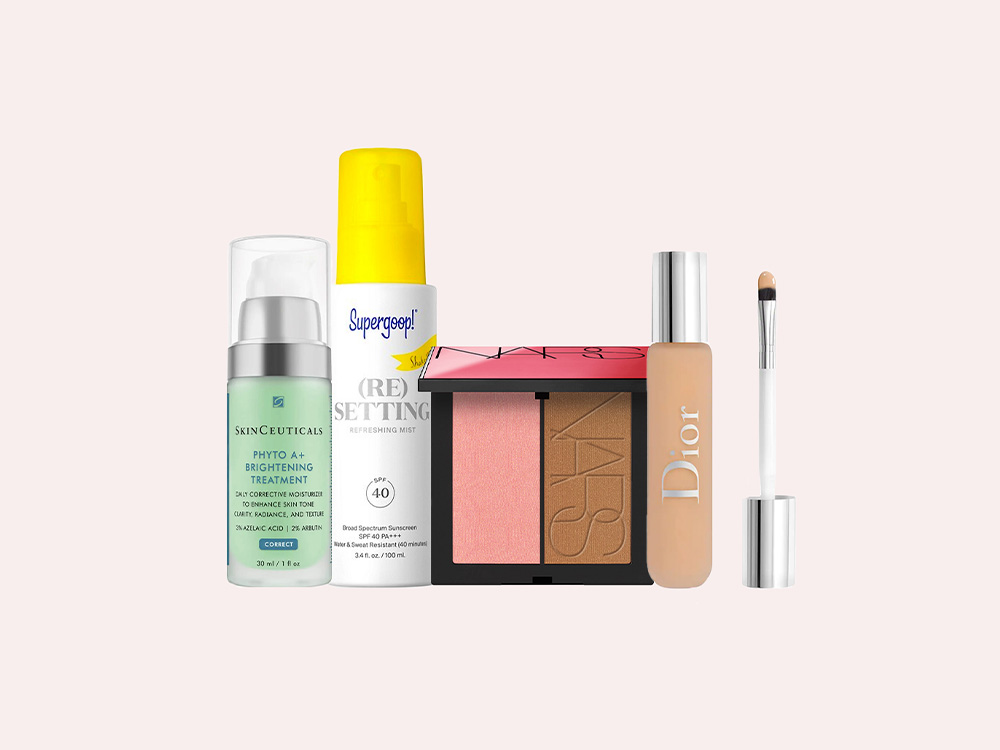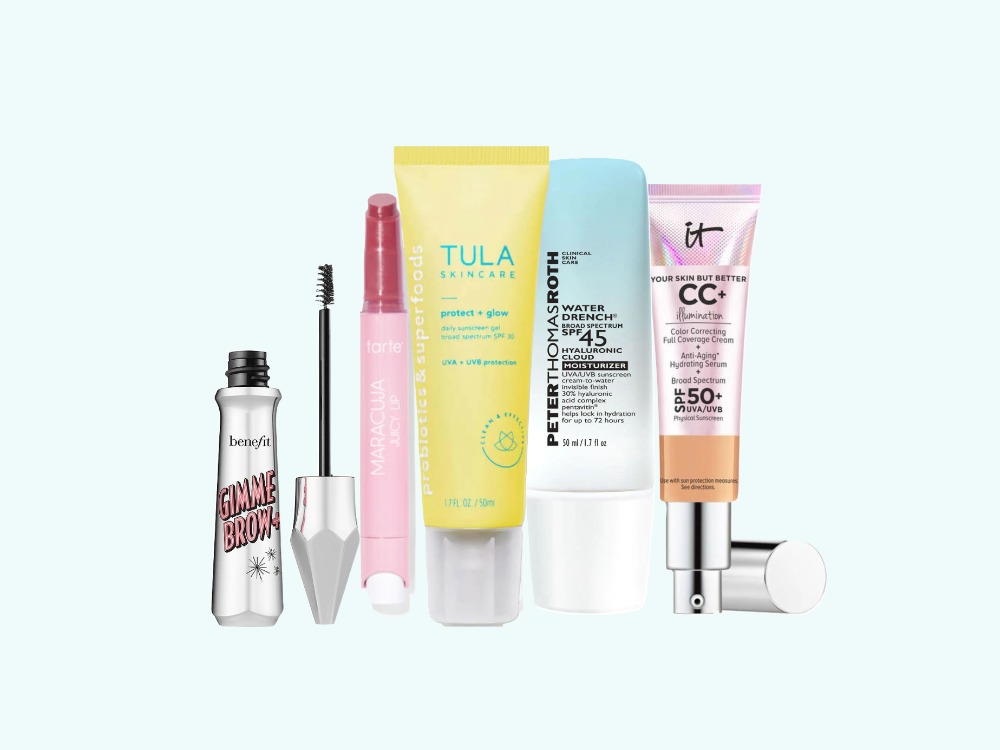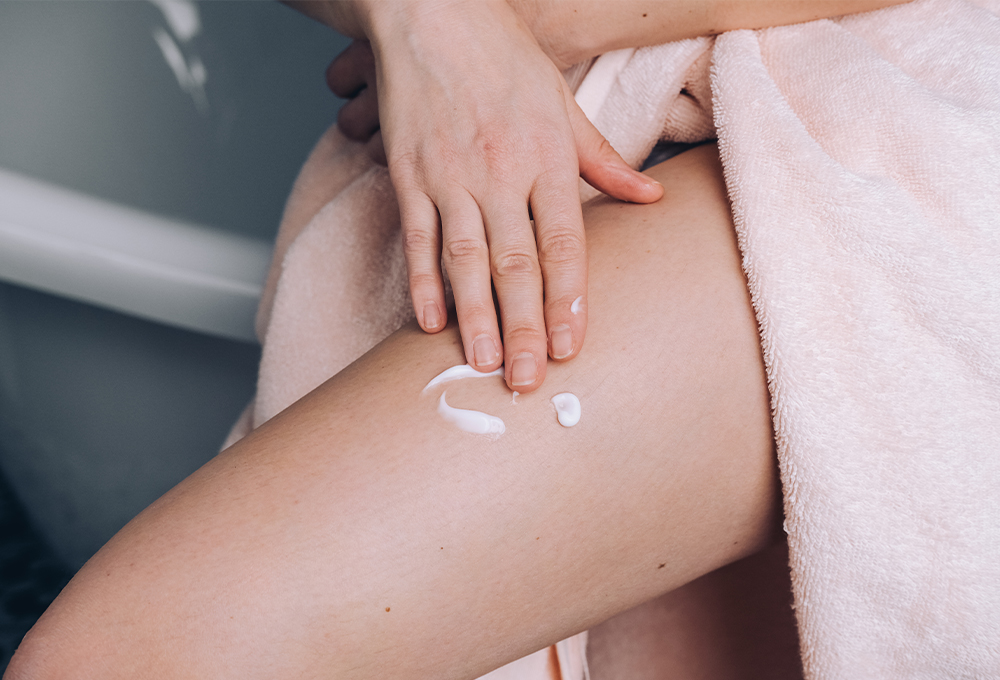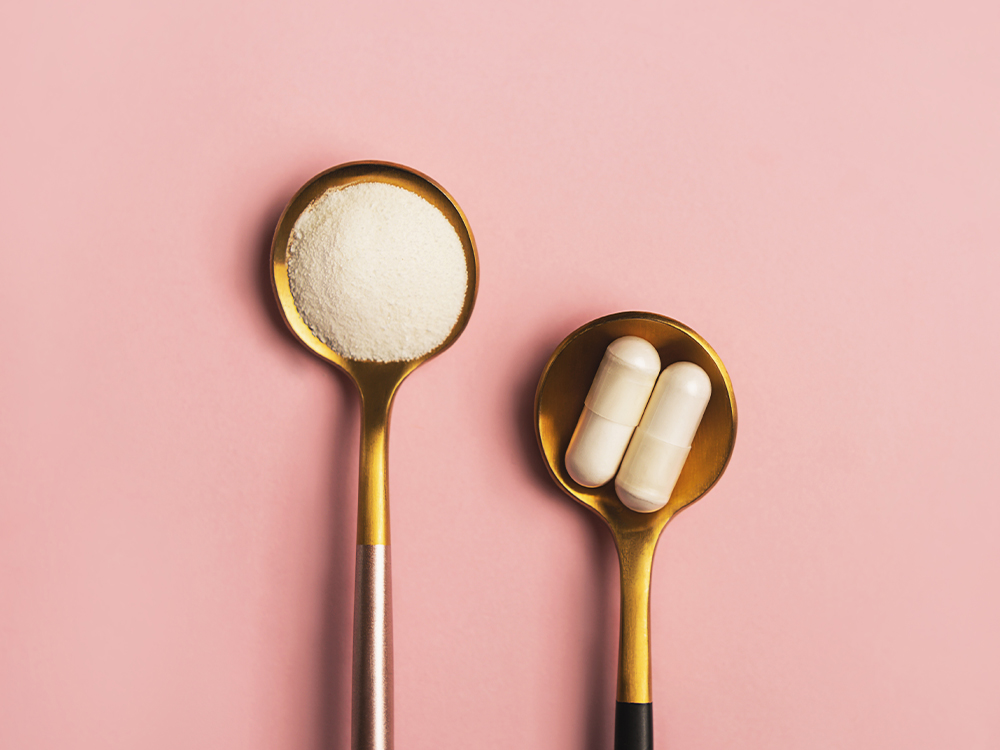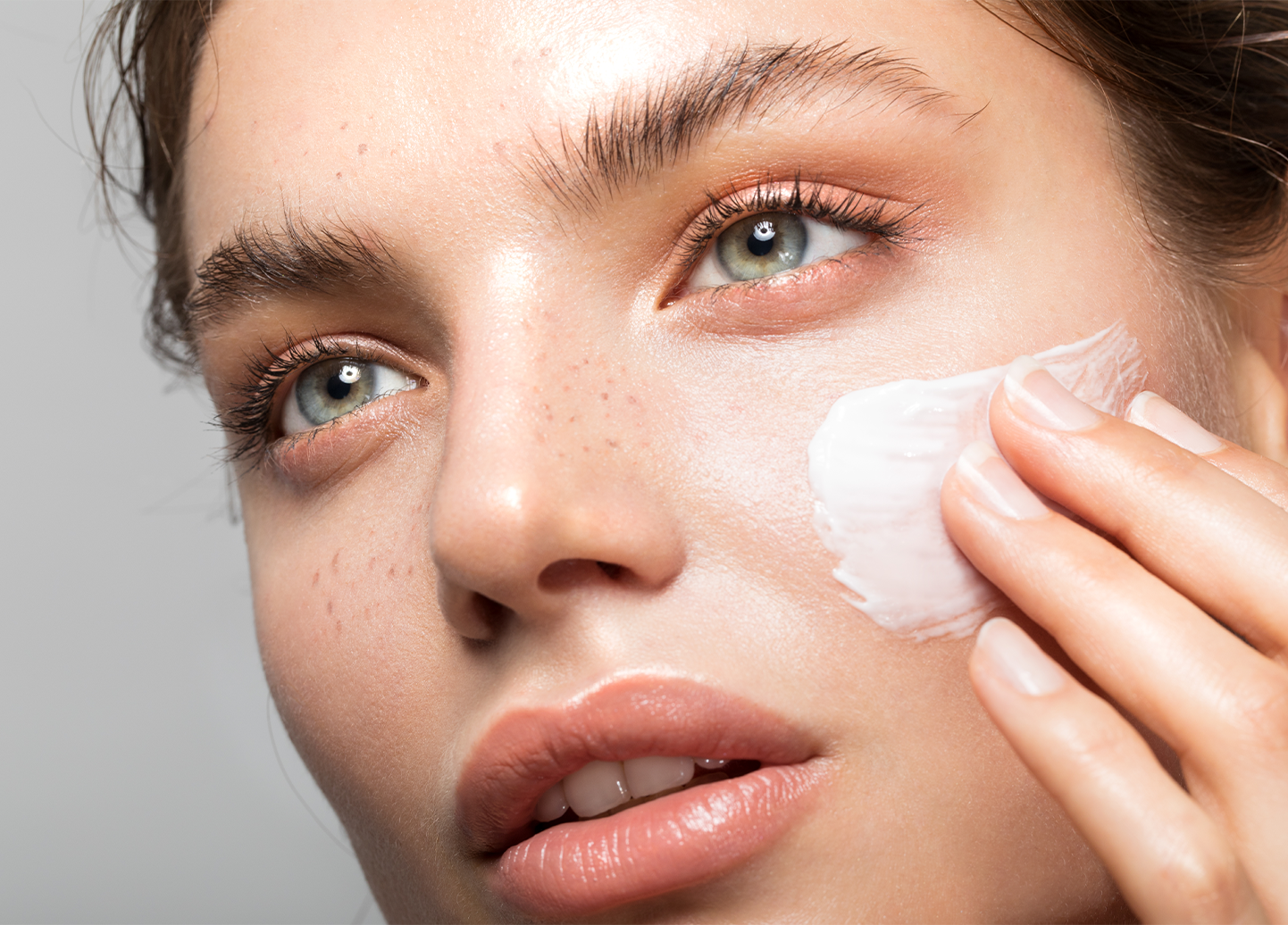At one point in my career, it felt as though the only brightening skin-care ingredient everyone was buzzing about was vitamin C. Now, there are dozens of efficacious actives on our radar, and with so many options, it can be difficult to find the right product. That’s why we’re doing the work for you. Here, insight from leading dermatologists on the best brightening ingredients for those with darker skin tones, as well as the specific products they recommend.
Ingredients to Look For
Glen Burnie, MD dermatologist Valerie Callender, MD says her favorite ingredients for darker skin tones include tranexamic acid, niacinamide, arbutin and retinol, and preferably, a product would use a combination of these. “Of course they must be used with a daily photo-protection regimen,” aka sunscreen, she notes.
Montclair, NJ dermatologist Jeanine Downie, MD also recommends tranexamic acid—derms are raving about this brightener right now—as well as hydroquinone, cysteamine and kojic acid. “These are great for treating all skin types, but especially the stubborn hyperpigmentation of darker skin types. Hydroquinone should be used for three to four months, and then it should be cycled off. It can be cycled back on a few months later, but it is important not to use hydroquinone straight through for most people. It can be too irritating after a while.”
In addition to those mentioned above, Hamden, CT dermatologist Mona Gohara, MD, recommends licorice root extract, vitamin C and azelaic acid. Dr. Gohara also stresses the importance of wearing SPF when using these ingredients because sun damage will negate the time and effort you’ve dedicated to brightening.
“Typically, the same brightening ingredients that are good for lighter skin are also good for darker skin,” says Birmingham, AL dermatologist Corey Hartman, MD. “Personally, I like to recommend cysteamine, tranexamic acid and retinol to patients with darker skin who are looking to lighten, brighten or even their skin tone because these ingredients are more potent and deliver more consistent and fast results without furthering any underlying inflammatory processes.”
Derm-Approved Brightening Products
Dr. Downie likes to combine certain brightening products, too, which can improve the efficacy for some patients. “The combinations I like a lot include SkinMedica TNS Advanced+ coupled with the new ISDIN Isdinceutics Melaclear; the Obagi-C Rx C-Clarifying Serum with vitamin C and hydroquinone with Cyspera 5% or 7%; the SkinMedica Even & Correct Pads with the SkinBetter Science Even Tone Correcting Serum; and finally, SkinBetter’s Even Tone Serum coupled with the VI Derm Dark Spot Lifting Serum, which contains 5-percent tranexamic acid.”
“I like SkinCeuticals Discoloration Defense because it is loaded with all the right ingredients, including tranexamic acid, kojic acid and niacinamide,” says Dr. Gohara.
Tips to Keep in Mind If You Have Darker Skin
“Patients with darker skin who use skin-brightening agents are at risk for the development of hypopigmentation of their normal skin,” Dr. Callender says. “It can present with a halo surrounding the localized area they are treating or a diffuse skin lightening of their face that is lighter than their normal skin.” Dr. Hartman adds, “I would advise caution on any ingredients that can cause unnecessary irritation in melanated skin, like salicylic acid, because this may lead to increased hyperpigmentation and dyspigmentation.”
If you have post-inflammatory hyperpigmentation (PIH), which shows up as dark spots where the skin has been “injured” due to acne, dermatitis, etc., Dr. Callender says it’s best to address the cause of the PIH, rather than just try to brighten overall. “Acne is the perfect example,” she explains. “Prescribing treatment for the acne with a topical retinoid will improve both the acne and the PIH. If there are a few areas of PIH, then spot-treatment with either hydroquinone or a combination brightening product will lighten the target areas. I often recommend using a pointed Q-tip to help with application accuracy.”
For those with PIH, Dr. Gohara notes that it’s also important not to overdo it with brightening ingredients because it can cause irritation, and ultimately make the PIH worse. “For my patients struggling with this type of hyperpigmentation, I recommend a combination of kojic acid, retinol and hydroquinone, along with azelaic acid in the morning,” she says. “This is also a go-to protocol for melasma.”
